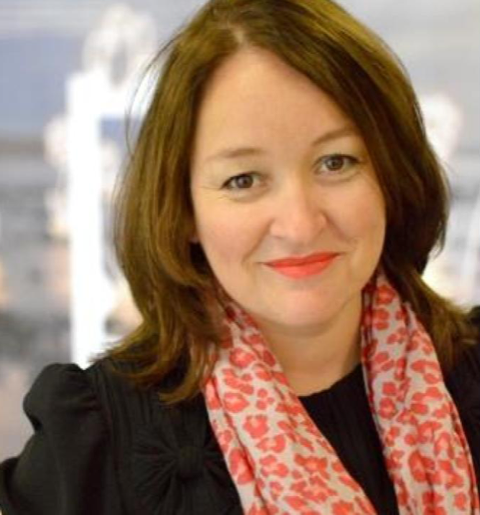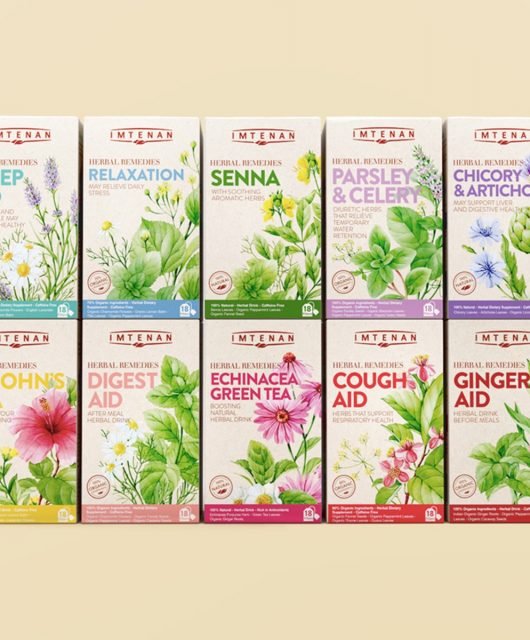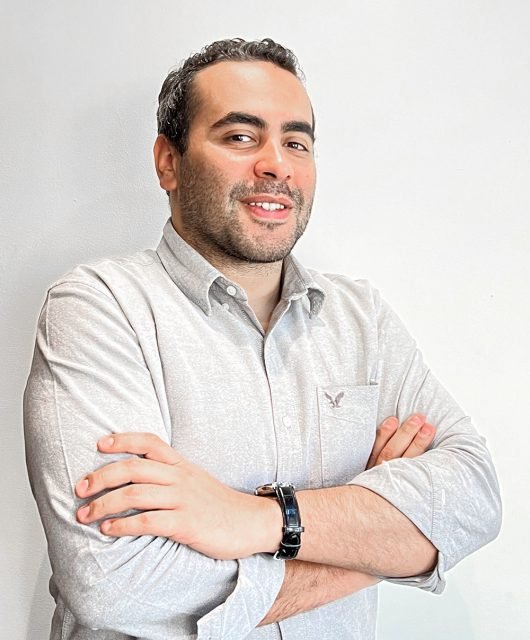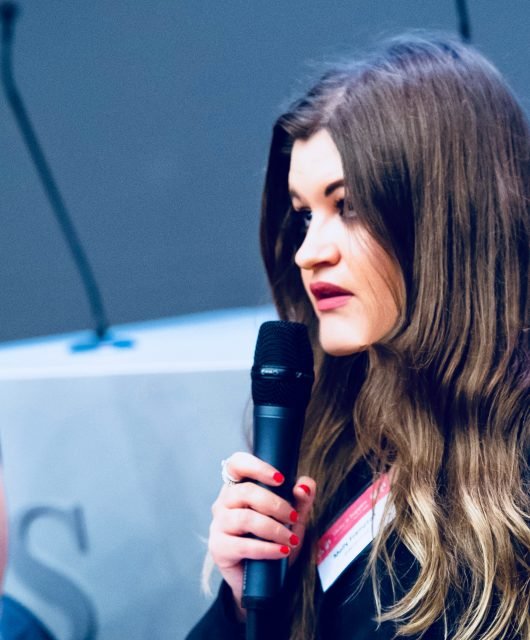The Covid-19 Conundrum: 7 Ways To Win With Brand Comms
By Rod Cartwright & Louise Watson, The Decision Circle

Rod Cartwright 
Louise Watson
On January 30th, everything changed yet everything stayed the same. When Covid was declared a Public Health Emergency of International Concern, life as we knew it globally evaporated, taking lives, economies and business sectors with it. The same is true for brand communications.
Coronavirus has decimated sectors – transport, travel, leisure, tourism and entertainment at the front of the queue. But investors in Zoom, PayPal, Amazon and Electronic Arts are unlikely to be too distraught, financially. New consumer habits, formed. New technologies, adopted at scale. New realizations emerged around what really matters in life.
Yet, in pursuit of so much change, the advice for brand communication post-Covid, remains steadfast. With the things a brand does as important to its reputation as the things it says, here are seven reminders for building effective communication strategies:
- It’s hard to communicate yourself out of a situation that you behaved yourself into. Remember the human imperative. At their core, crises are human events, with human consequences requiring human decision-making and human responses. Being human, humane and humble in your words and deeds – even where impossibly tough choices must be made – is more critical than ever. Organisations will be remembered as much for their demonstrations of humanity as for their absence of decency. Britannia Hotels, which fired all its staff at a Scottish hotel at the end of March without a scrap of dignity, may just find this out the hard way. Scrutinise your communicated behaviours. Are they in lock step with the cultural mood? Are they in keeping with your brand values? Do the images and ideas being used stand the test of time?
- View crisis as an inflection point. Crisis – properly defined – is in fact always a turning point, not a cataclysmic end point. How you emerge from it depends on how you go in and your approach in the teeth of the storm. In an eloquent piece recently LinkedIn, a good friend and former colleague Simeon Mellalieu, an Asia-Pacific partner at Ketchum, described COVID-19 as “evolving disruption” rather than crisis – a shrewd take on the inevitably long-term and ever-changing nature of what we are experiencing. No sooner have we all adapted to Covid’s new normal, then we will find ourselves in the midst of a recession the like of which we have never seen before. Now is the time to bring together your business specialists and plan for the bounce. Do you have the right portfolio balance? Is your communication mix targeted in the right place? Raise the heretical questions now that push for better, in order to maintain your brand’s long-term relevance.
- Solve don’t sell. Brands with defined organising principles – be it brand purpose, brand idea or campaigning leadership – have been amongst those able to respond quickly and with impact. This means aligning your operations with your organisational intent and some of the most impressive brand pivots have, in fact, been deeply operational and tapped into the organisation’s raison d’etre. LVMH’s lightning-fast move to re-purpose its entire cosmetics and perfume production line to produce hand sanitiser and skater brand and Vans’ #FootTheBill realignment of its e-commerce to support local businesses are just two striking examples.
- Calibrate your communication. Covid is not a great leveller. Just as the distribution of its health impact hasn’t been spread evenly amongst population groups, its impact has not been equally felt by business sectors, facing demand- or supply-side challenges. Those who have lost their permission to operate, should stay salient by living their brand values, exploring opportunities for alternative distribution and building meaningful alliances. On the other hand, brands managing demand-side strains should strive to deliver a positive brand experience across the consumer journey and ensure customer satisfaction (and advocacy) remains positive. Contextualise your brand endeavours through equity-led storytelling and don’t make the mistake of sacrificing that storytelling for sales-driving activity. Pre-Covid, the guidance of a 60:40 equity:sales split was already being ignored. With performance data showing that equity drives long-term success, don’t be so focused on the now that you lose sight of the ‘next’.
- Stay loud. There’s a wealth of academic data to suggest that brands which over- communicate during a recession, perform better than competitors who go dark. With global ad revenue down 8% as a whole, are you prioritising the right channel mix? Dig into the data to assess where you deliver the greatest returns and plan your communication to maximise its impact.
- Nurture psychological security. If brand resilience starts with human beings, a key leadership imperative amid COVID-19 will be to provide psychological security. Starbucks’ announcement that it would offer up to 20 free sessions of therapy to employees is just one example of such a response. But, avoiding leadership ‘catastrophisation’ corporately will be essential in helping employees manage rampant uncertainty individually.
- Reputation and operations are the same thing. In ‘peacetime’, few PR crises are due to poor communication alone. Most tend to involve some combination of operational, leadership, governance, customer and cultural issues. The Covid-19 era is, essentially, no different, making the alignment of operational and communication preparedness with business continuity planning essential. Regularly reassessing risks and re-running scenarios will be key.
In time, this too will pass. But while Covid-19 defines the world’s daily existence, thoughtful, human communication – working in lockstep with operational agility – will be central to corporate survival for many and the right collective response for us all.
Louise Watson is a specialist in brand marketing, creative strategy and integrated communication. Rod Cartwright is an expert in reputation, crisis, preparedness and resilience. They are founding partners of The Decision Circle – a multi-specialist team formed to help global clients navigate Covid-19 based decision-making at speed. www.thedecisioncircle.com





